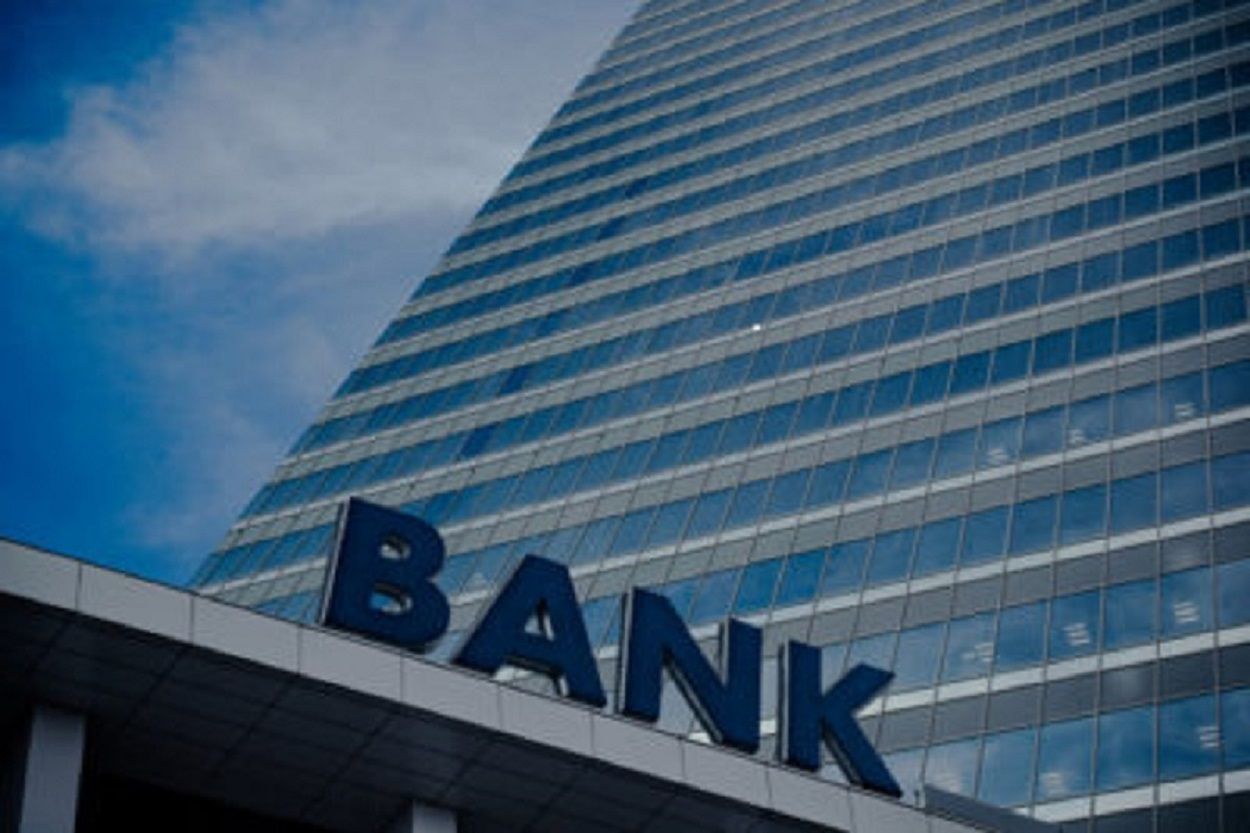- Contagion concern triggered the need to dig into the links between banks and other financial firms
- People who hold more than 10% in a crypto company will be vetted for sanctions or convictions
The European Banking Authority (EBA), which inspects the financial health of banks in the EU, is taking additional measures to establish the impact of non-bank financial institutions (NBFIs) on banks throughout the Union, according to a Financial Times report cited by CoinDesk. NBFIs include cryptocurrency-related entities.
Concern over contagion
In an interview with the FT, EBA chairman José Manuel Campa said:
Concern over contagion has triggered the need to dig deeper into the links between banks and other financial firms. We should be doing more and we are going to be doing more. We need to have an understanding of the whole underlying chain in NBFIs.
Non-banks hold almost half of all capital
According to the Financial Times report, assets held by NBFIs amount to approx. $219 trillion, which is almost half of the world’s capital.
The EU watchdog has already taken some steps to address crypto’s potential role in exerting stress on the financial system. It distributed draft rules on capital requirements and liquidity connected to stablecoin issuers in accordance with the EU’s recently promulgated Markets in Crypto Assets (MiCA) licensing regime.
New and stricter regulations in the EU
According to new rules proposed by the EBA, people who hold more than 10% in a crypto company will be vetted for sanctions or convictions. Moreover, the regulator wants crypto companies to monitor customers using self-hosted crypto wallets or privacy coins in order to prevent potential money laundering.
Assessing effects of “shadow banking shock”
Campa added that the EBA conducts stress tests on European loan providers and assesses banks’ balance sheet exposures to non-bank entities twice a year. The recently proposed measures involve cooperating with the European Financial Stability Board and the Systemic Risk Board to understand the effects of a potential “shadow banking shock” on the broader financial system, the Financial Times report concluded.












